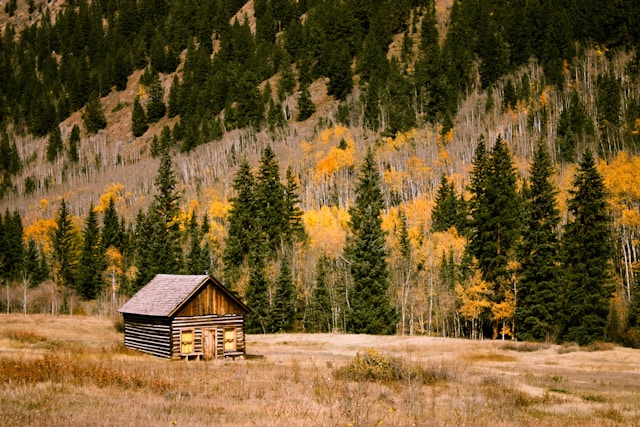“I have made this letter longer than usual because
I have not had time to make it shorter.”
— Blaise Pascal

Why Are You a Christian?
Someone asked me last night if I could explain why I am a Christian in 100 words.
For you students on Creative Writing modules, you’ll know how challenging concise writing can be — but here goes:
As a boy on the island of Bute, far from Glasgow’s dark slums, I would sit in my secret place — my smultronställe, as the Swedes would say — and gaze at the night sky, wondering who made the moon and stars. In time, I learned it was the Lord: The Maker of galaxies and of man, crafted in His own image.
Then came Jesus, walking among us, showing what it truly means to be human — to mirror the Father’s light, to forgive, to serve, to love one’s neighbour even unto death.
In Him, I found grace, purpose, and peace. I found my way
When I behold Your heavens,
the work of Your fingers,
the moon and the stars,
which You have set in place —
what is man that You are mindful of him,
or the son of man that You care for him?
Psalm 8:3–4 (BSB)
Note
The Swedish phrase “smultronställe” literally means “wild strawberry place,” but it carries a much deeper, emotional meaning in Swedish culture. A smultronställe is a personal, often hidden spot that holds special significance, peace, or nostalgia. It might be a place from childhood, a quiet lakeside, or simply somewhere that makes you feel wholly yourself.
